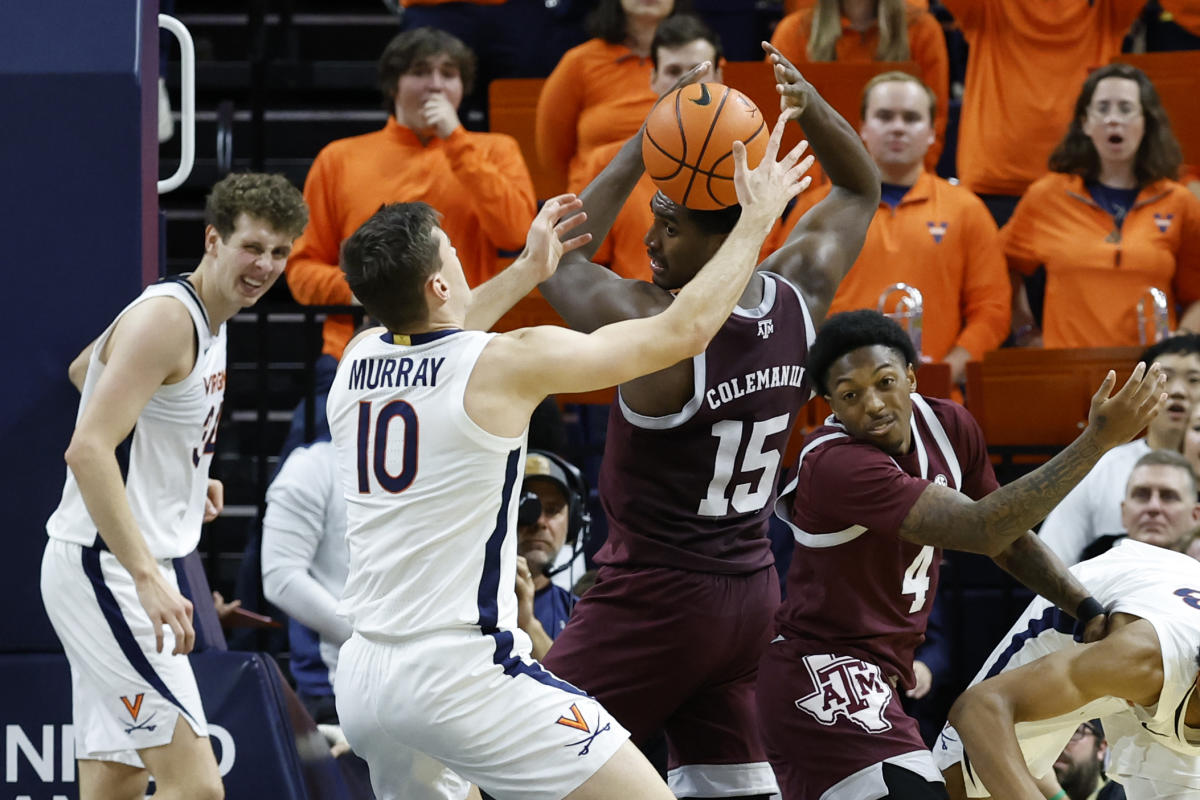The Cleveland Rockers faced a critical decision on Aug. 29, 2003, when they encountered the Detroit Shock in the WNBA playoffs. With the Cavaliers’ rookie LeBron James in the stands, tensions were high for the Rockers, who were at risk due to their owners planning to sell the team. The Rockers’ failure to win against the Shock led to the team being disbanded, as the Gunds needed to free up funds for LeBron’s arrival in Cleveland. Despite several attempts from fans to keep the team intact, the Rockers folded within months.
The WNBA’s formation in 1996 was a landmark for women’s sports, coinciding with a surge of interest in women’s basketball following the 1996 Olympics. Cleveland was chosen as one of the league’s charter cities due to its significance as a Midwest anchor and the NBA’s association with the city. The Rockers, who shared the same venue as the Cavaliers, proved to be a well-supported team, boasting figures like Cavs commentator Joe Tait who covered both the WNBA and NBA games. Despite their success and support, the Rockers eventually succumbed to financial pressures and fan support was not enough to save the team from folding.
The team’s fate symbolized the challenges faced by women’s sports at the time, transitioning from the post-Olympics boom to the everyday struggle, contrary to the initial surge of interest in women’s basketball. The story of the Cleveland Rockers’ rise and fall is a testament to the complexities surrounding women’s sports in a male-dominated industry and their often challenging journey toward achieving recognition and success.

Rachel Adams is your WNBA insider, delivering comprehensive coverage of women’s basketball. With a commitment to highlighting the talent and achievements of WNBA players, she provides game analysis, player profiles, and inspiring stories from the league.




:no_upscale()/cdn.vox-cdn.com/uploads/chorus_image/image/72931262/usa_today_21973134.0.jpg)


